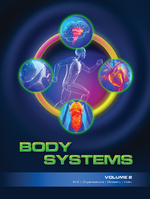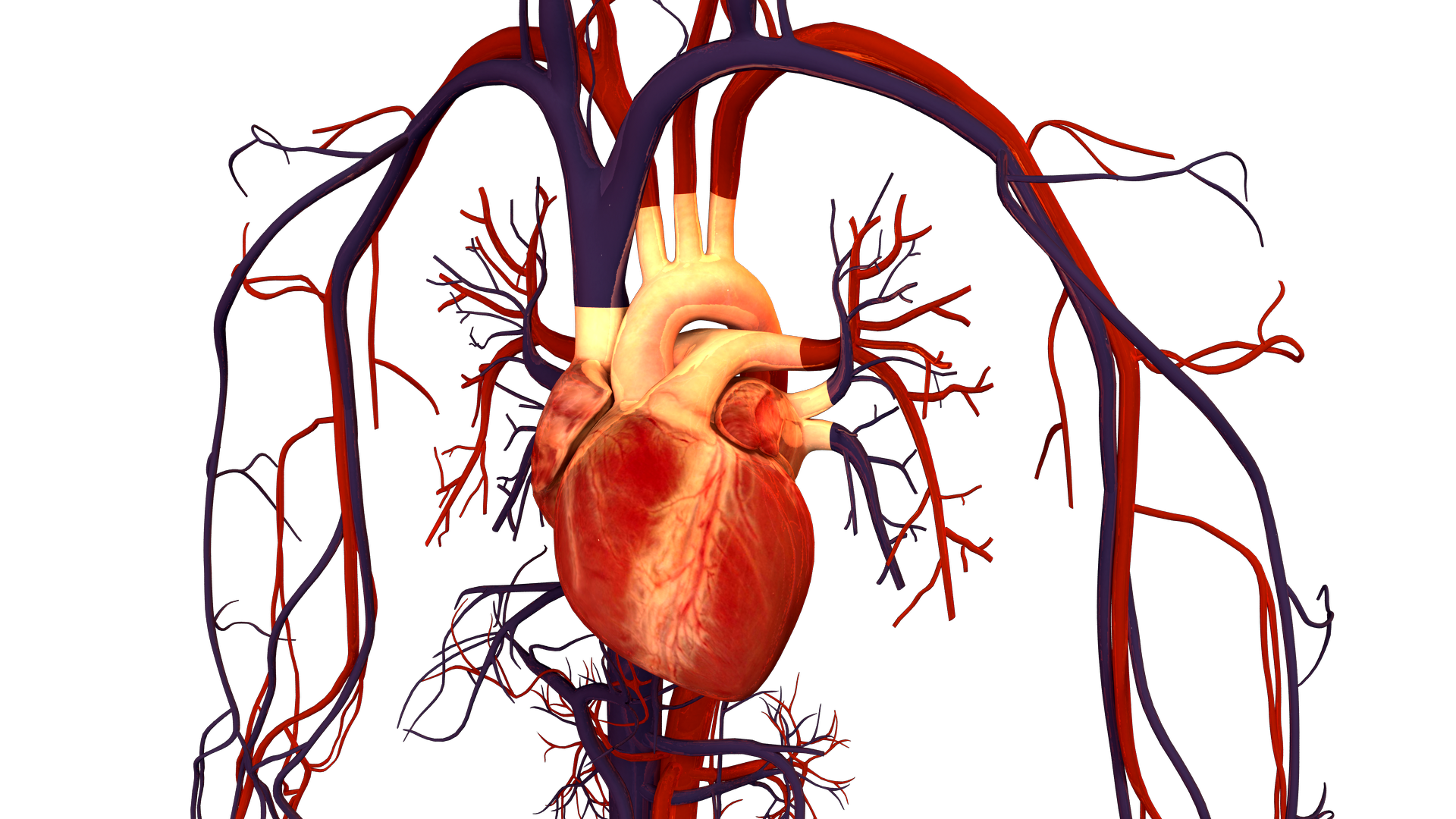By Jacqueline Longe
This winter has seen record lows with artic freezes, seas turned red by the blood of 21 Egyptians, a measles outbreak, viable threats of terrorism in malls across America, and a whole host of other things to make even the warmest of hearts turn cold.
Despite reason for melancholy, there is focus on one matter that we can all rally around—heart health. Though the leading cause of death in the United States and worldwide is heart disease, this month facing such a fact and doing something about it on a personal level is a step toward optimum health. That warms the heart.
The leading cause of heart disease and stroke is high blood pressure. According to the CDC, 67 million Americans have high blood pressure. Approximately 1 billion people have high blood pressure worldwide. Those with high blood pressure are four times more likely to die of stroke and three times more likely to die from heart disease. U.S. statistics indicate that high blood pressure is most prevalent in the southern United States and that heart disease and stroke are highest in African American males.
There is a national initiative in the United States started by the Department of Health and Human Services to prevent 1 million heart attacks and stroke by 2017. It is called Million Hearts. The program pushes an evidenced-based practice coined ABCS.
- Take Aspirin
- Lower Blood pressure
- Control Cholesterol
- Stop Smoking
These measures will help save lives and strengthen hearts. To pull from Greek mythology, a true hero is not measured by his strength but rather the strength of his heart. We can all be heroes by making positive changes to support cardiovascular health.
Unlike love at first sight, high blood pressure often goes undiagnosed because the symptoms aren’t visible. Getting a blood  pressure check to find out how it stacks up against the norm is a first step toward better heart health.
pressure check to find out how it stacks up against the norm is a first step toward better heart health.
One in three Americans have high blood pressure. How many library patrons does that add up to? Highlighting heart disease in February is a great start but cardiovascular health and how each of us can make positive changes to ensure heart health is a hot health topic that remains one of the most searched health topics year round.
Body Systems (2014) is a two-volume set that covers the 14 systems of the human body plus their role and function from the perspective of individual organs and each system as a whole. Each chapter examines a specific body system but the interconnectedness of the systems in maintaining optimum health is forefront in each chapter. Specifically, Body Systems has an entire chapter covering the cardiovascular system that can answer questions about heart disease, high blood pressure, and a myriad of lifestyle changes and preventative measures to help build better heart health.
Having Body Systems in the highly searchable GVRL eBook platform provides users with answers to their questions in a single search. That’s something to fall in love with! Access a free trial of Body Systems today.
[alert-info]
 About the Author
About the Author
Jacqueline is a Developmental Editor at Gale, Cengage Learning. She works primarily on health encyclopedias, including Body Systems, The Gale Encyclopedia of Environmental Health, The Gale Encyclopedia of Fitness, and The Gale Encyclopedia of Medicine.
[/alert-info]


